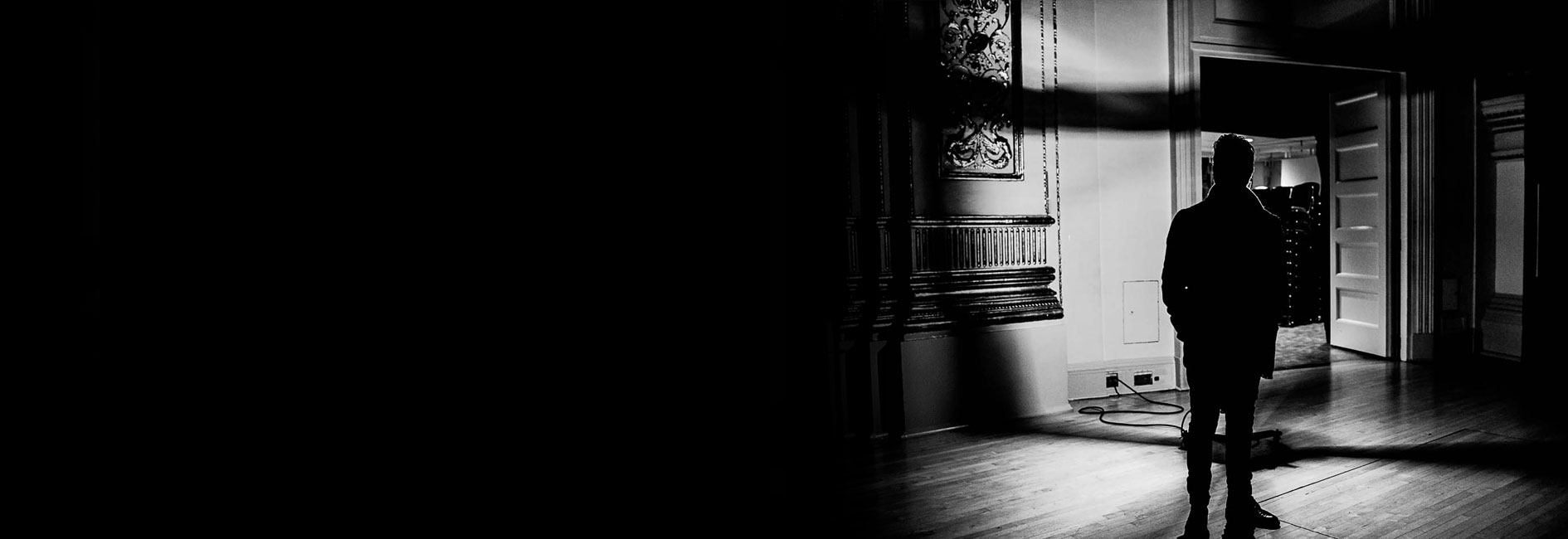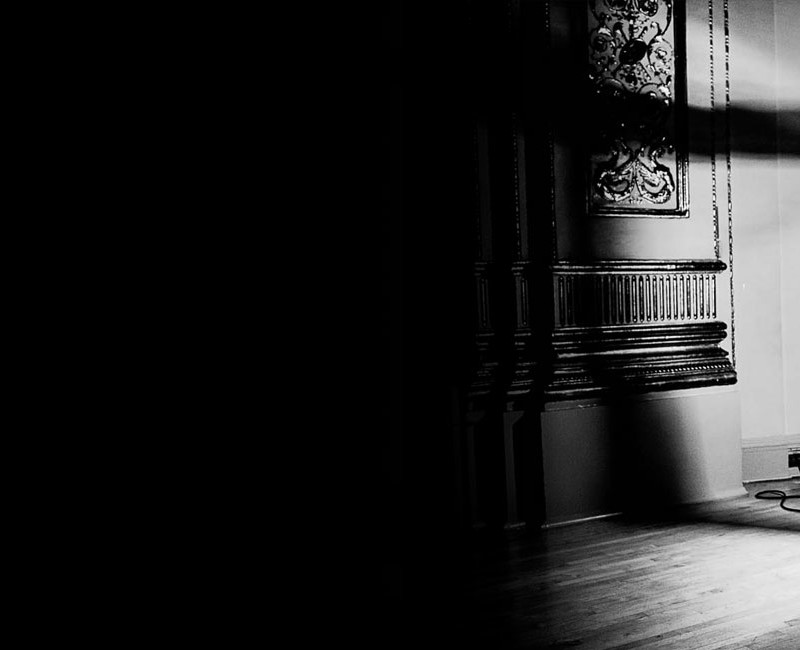Pablo Heras-Casado and the Philharmonia in a Stupendous Performance of The Firebird
05 Mar 2017
All three works on the programme for this concert were composed in the first two decades of the twentieth century. Spanish conductor, Pablo Heras-Casado, joined forces with his fellow Spaniard, pianist Javier Perianes to give us the sights, sounds and colours of their homeland in the first half. The second half provided an opportunity to hear Stravinsky’s full ballet score of The Firebird dating from 1910.
Ravel’s Alborado del gracioso (The Jester’s Morning Song) began life as one of the movements in his piano suite Miroirs. The work is famous for its rapid-fire repeated notes and brilliant glissandi and has a distinct Spanish flavour with its Galician rhythms and evocation of guitars and castanets. Ravel wrote the orchestral version in 1918 and it received a rip-roaring performance from Heras-Casado and the Philharmonia …
Falla’s Noches en los jardines de España (Nights in the Gardens of Spain) was written for the brilliant Catalan pianist, Ricardo Viñes. Viñes premiered a number of important works by Falla, Albeniz, Debussy and Ravel, including the piano version of Miroirs and there are recordings of him on Youtube performing works by Debussy and Falla. The three movements of Noches en los jardines de España draw on literary and pictorial associations to depict Andalucian landscapes. Javier Perianes has recorded the work with Josep Pons and the BBC Symphony Orchestra and he is a leading exponent of Falla’s piano music.
Heras-Casado did a wonderful job evoking the sultry, mysterious atmosphere of the summer gardens of the Alhambra Palace in the opening movement. Perianes produced crystalline impressionistic sonorities in his initial entry and he and the Philharmonia collaborated tightly through the many shifts of mood and tempo …
I was pleased to see Heras-Casado performing the complete ballet score for The Firebird rather than one of the suites. This work is one of the most ground-breaking and highly original pieces to emerge from the first half of the twentieth century. Stravinsky drew on his teacher, Rimsky-Korsakov’s gift for imaginative orchestration and there are many striking and memorable effects in the score. Stravinsky’s achievement is all the more remarkable given the way he worked so seamlessly with Diaghilev and Fokine to achieve an extraordinary fusion of music, dance and drama.
Heras-Casado was in his element with The Firebird and it was clear he had been working hard with the Philharmonia to conjure up the myriad original sonorities in Stravinsky’s score. The big set piece numbers were all terrific and Stravinsky’s imaginative orchestral effects including the trombone and string glissandi were brilliantly executed. Heras-Casado’s pacing of the movements was superb and he used his arms and body very effectively to convey the textures and rhythms that he wanted from his orchestral partners. The drama and fairy tale magic of the music were brought thrillingly to life with lower strings and trombones bringing us face to face with the demonic Kashchey. Elsewhere upper woodwind flutterings and pizzicato strings summoned up the enchanted Firebird of the title. The princesses’ game was dispatched with feathery lightness by the strings while offstage trumpets ratcheted up the dramatic tension in the daybreak scene …
These were great performances all round and bravo to Heras-Casado and the Philharmonia for giving us such a stupendous performance of The Firebird.

